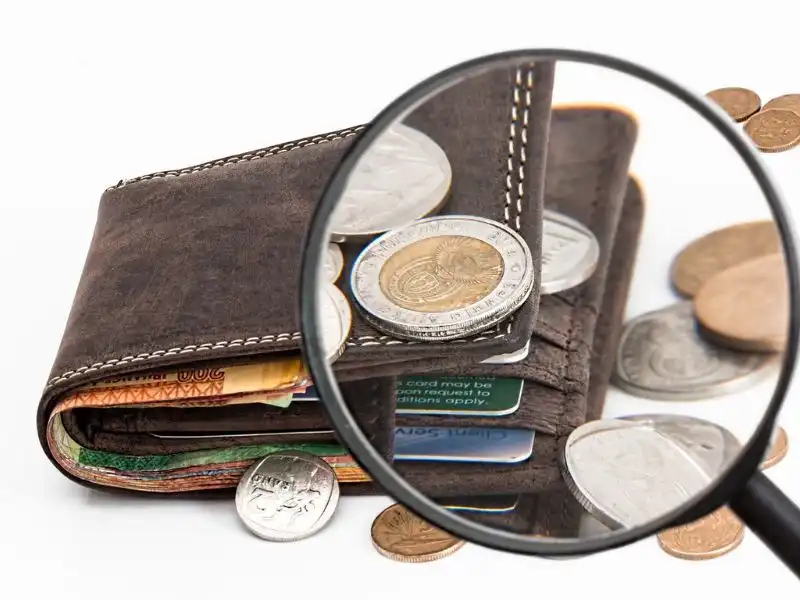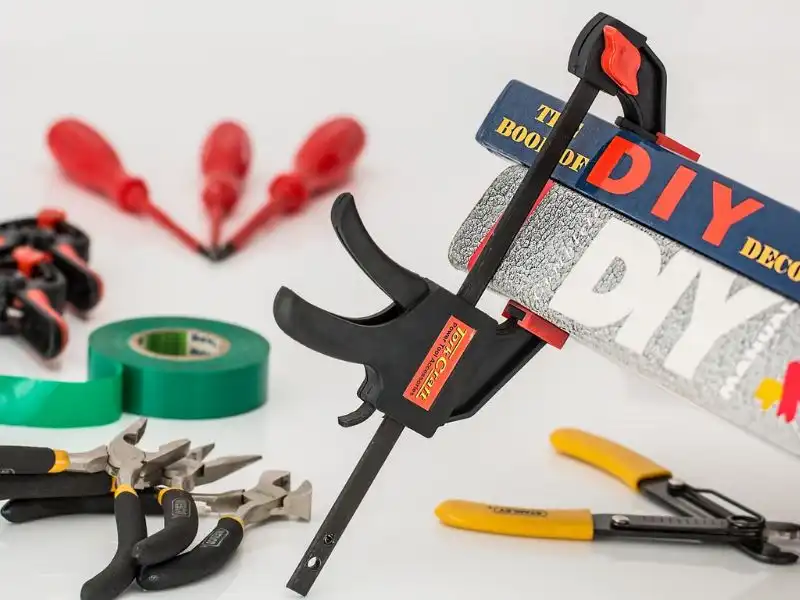20 Lifestyle Changes that can help you Save Money
Tips to Save Money: It is not necessary to take drastic steps in order to save money. Sometimes a little alteration of lifestyle can add up to substantial savings over time. Here are 20 practical and easy-to-implement lifestyle changes that can help you save money and build a more secure financial future.
1 Make a Budget and Stick to It

The first step towards financial health is making a budget. Keep track of your income and expenses, set limits for spending, and review the budget from time to time to ensure you stay on course.
2 Cook at Home

Frequent eating out will drain your purse dry. Not only does cooking at home save you money but also it allows you eat healthier food. Plan your meals, buy groceries in bulk, and enjoy the savings.
3 Cut the Cable Cord

By having numerous streaming services today, cutting the cable cord can be an economical option each month. Choose some streaming subscriptions matching your purpose.
4 Use Public Transportation

If there is reliable public transport where you live then use it instead of driving. You will save by avoiding gas prices, parking fees as well as maintenance costs.
5 Shop with a List

Impulse spending has serious effects on budgets too! Therefore, before going shopping make sure you have made a list that guides what exactly you need so that unnecessary purchases are prevented.
6 Buy Generic Brands

Generic brands which cost much less usually provide the same quality like their branded counterparts.. Compare ingredients whenever possible select generic brands..
7 Utilize Cashback and Reward Programs

Several credit cards and stores offer cashback rewards programs.. This means that whenever shopping or later purchases will always fetch some discounts or even earn back some coin.
8 DIY Home Repairs

Know how to conduct simple home repairs instead of hiring professionals thus saving on such costs..
9 Carpool or Ride Share

Carpooling and using ride sharing services can also reduce your cost of transportation, just like splitting gas and parking costs with friends or colleagues.
10 Buy Second-Hand

Nearly new items are sold at thrift stores, consignments, and online marketplaces for a fraction of their original price. Think about buying clothes, furniture, and electronic devices second hand.
11 Exercise at Home

Gym memberships can be quite costly. Get free workout videos on the internet or even buy basic equipment that you can use to exercise from home.
12 Plan Your Vacations in Advance

Booking well in advance is one way of finding cheap flights and cheap accommodations for your holidays. Another option here would be to travel during the time when others don’t in order to save some more money.
13 Use Energy-Efficient Appliances

Buy energy efficient appliances that will lower your energy bills. When purchasing electrical devices look for products bearing the ENERGY STAR label.
14 Pack Your Lunch

This can be a very good way of saving money without necessarily compromising on quality because bringing lunch to work instead of eating out may offer you huge savings amounts over time; make it simple through preparing meals ahead of time.
15 Negotiate Bills

Never shy away from negotiating your bills; even those pertaining cable, internet connection as well as medical fees could be negotiated upon effectively reducing these expenses; sometimes you would be surprised how much could be saved here.
16 Stay Healthy

Stay fit to avoid paying heavy medical costs, exercise regularly, eat a balanced nutrition program and go for regular check-ups too!
17 Use a Clothesline

Drying clothes by hanging them outside instead of utilizing an electric dryer conserves electricity as well as being eco-friendly in nature too.
18 Limit Gift Spending

Budget for gifts and adhere to it; consider making something by hand rather than buying expensive things that the person may not even need.
19 Track Your Spending

Use apps or spreadsheets to track your spending. It helps you to see where you spend your money and identify areas where you can cut back.
20 Set Savings Goals

Going for specific targets on how much savings should be set aside will make sure that an individual remains motivated on saving enough money; whether it is an emergency fund, holiday or even retirement.




